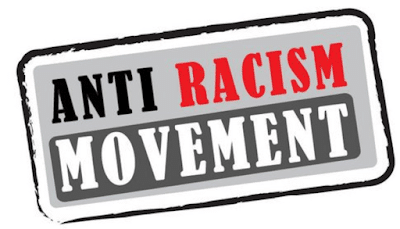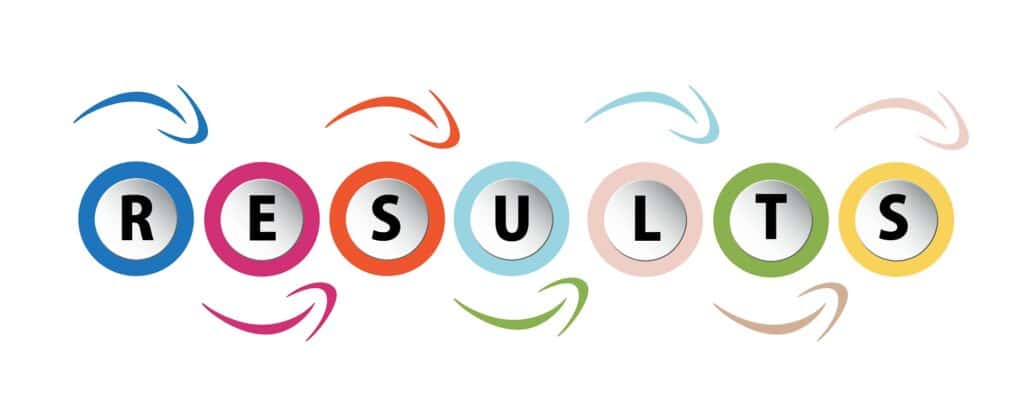It’s hard to disagree with the the sentiment – that being anti-racist is a stronger and more appropriate statement than being non-racist – and James’ bracing analogy that we would not describe ourselves as non-rapists, but as anti-rapist, is a powerful one. It’s pretty hard to argue when he talks about non-racism or non-rapism as being a great moral stance, but [does not do] not do a damn thing… people are still being raped and black boys are still being killed. It’s not enough that you don’t do these thing… we need to get active.
The move from non-racism to anti-racism, therefore, is not just a linguistic nicety, but a call-to-arms, to be active, and to do things to stop social evils. In this, I initially thought he was following a venerable tradition – echoing the classic distinction between negative peace and positive peace. Negative peace refers to the absence of violence (for example, what happens after a ceasefire); it’s about the violence stopping, the oppression ending. Positive peace, by contrast is not about absence of bad stuff but about the presence of good stuff such as building relationships, developing inclusive social systems and constructively resolving conflict.
The words matter, somewhat – but it changes nothing if we just watch his video, agree, and start to describe ourselves as anti- rather than non-. When James says let’s not be content with negative peace; let’s go for positive peace, it’s really a call to arms. Fair enough – the world needs action, and it links to the whole theme of not being a bystander. Desmond Tutu’s famous analogy was correct: If you are neutral in situations of injustice, you have chosen the side of the oppressor. If an elephant has its foot on the tail of a mouse and you say that you are neutral, the mouse will not appreciate your neutrality.
What’s most appealing to me about this video is that James’ ideas are not just about race, but has a broader reach. As well as drawing on gender issues, towards the end he talks about climate change and the LGBTQ cause (on this topic my colleagues Patrick and Gemma have also recently posted here and here). So his basic point – that we need to accept that what hurts one of us hurts all of us – is sound, and he is speaking powerfully to our shared humanity. It doesn’t matter (to me) if we cannot all advocate on all these fronts at once – but we need to be an advocate on at least one of them, when we can.
This is not some naive idealism; it’s also good for us. I am reminded of Martin Niemoller’s classic poem First they came for the socialists, which is not only for socialists, trade unionists, or Jews.
Then they came for the trade unionists, and I did not speak out— because I was not a trade unionist.
Then they came for the Jews, and I did not speak out—because I was not a Jew.
Then they came for me—and there was no one left to speak for me.
Galtung, J. (1996). Peace by peaceful means: Peace and conflict, development and civilization. Oslo, Norway: International Peace Research Institute Oslo; Thousand Oaks, CA, US: Sage Publications, Inc.
McAfee Brown, R. (1984) Unexpected News : Reading the Bible with Third World Eyes. Westminster John Knox Press p.19



